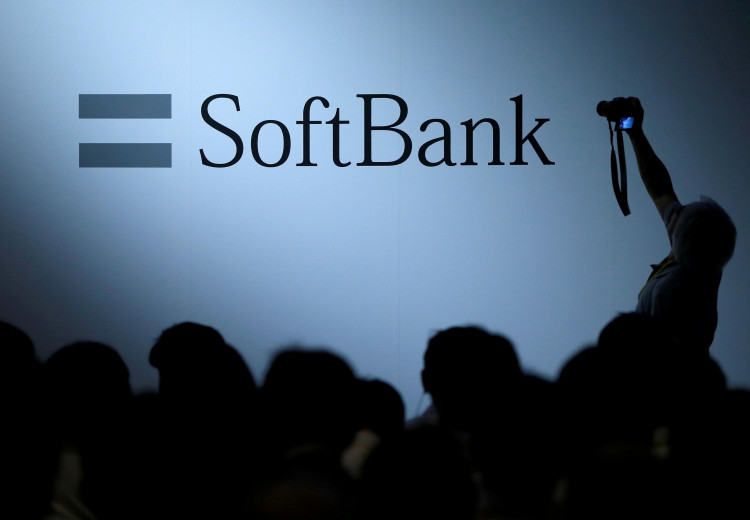On Tuesday, a WeWork board committee negotiating a $3 billion offer with SoftBank Group filed charges against the Japanese group for dumping the contract, accusing it of yielding to "buyer's remorse" in the midst of the ongoing pandemic.
The tender offer forms part of a $9.6 billion bailout program that SoftBank agreed in October with the commercial real estate firm that gave it control of the company.
The work space sharing company's occupancy numbers have plunged since then, as clients in large metropolises remain at home to avoid getting the disease.
Initially SoftBank initiated the tender offer to acquire WeWork stock at an agreed price in 2019 as part of a program to rescue the startup after its failed initial public bid.
The money should have been given to current and former staff stakeholders, external owners and ousted chief executive officer, Adam Neumann.
According to a person familiar with the matter, WeWork expects around $450 million would have benefited current and former workers.
In a press release Tuesday morning, the board of WeWork's Special Committee disclosed that it "regrets the fact that SoftBank continues to place its own interests ahead of those of WeWork's minority stakeholders."
The special panel claims that SoftBank has already enjoyed the benefits of the deal it signed last year, which included board control clauses. WeWork demands that SoftBank either complete the negotiation, or give cash to cover losses in connection with the botched deal.
Through a statement, a SoftBank representative said nothing in the suit "credibly refutes" SoftBank's decision to abandon the tender offer and it expects to "vigorously defend" against it.
According to the spokesperson, WeWork's filing is a "desperate and futile attempt to rewrite the deal," adding that the committee will not triumph in its misguided attempt to force the bank to buy their stocks when it is not mandated by law to do so.
Investors were worried about the losses of the group, Neumann's management strategy, and a business plan involving long-term leases and short-term room rentals.
The office sharing startup created a two-member special body to help arrange a funding support from the bank and its main lender, JPMorgan Chase & Company.
Although SoftBank cited the market effect of the pandemic as among the reasons why the tender offer will not be completed, it also referred to U.S. criminal and civil inquiries into WeWork and the failure to revise a joint partnership in China as grounds for terminating the deal.






